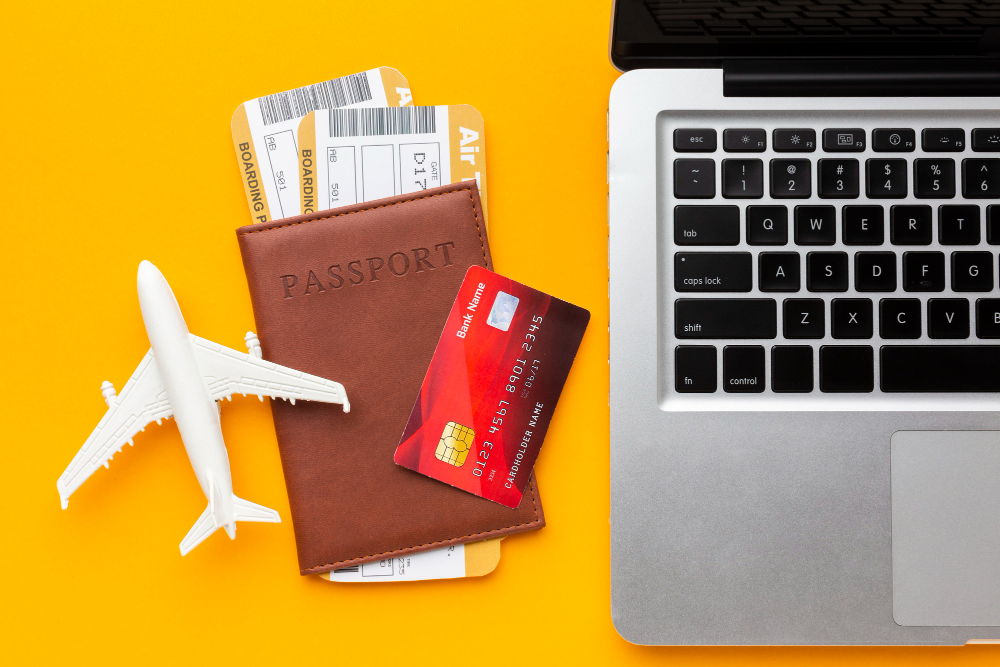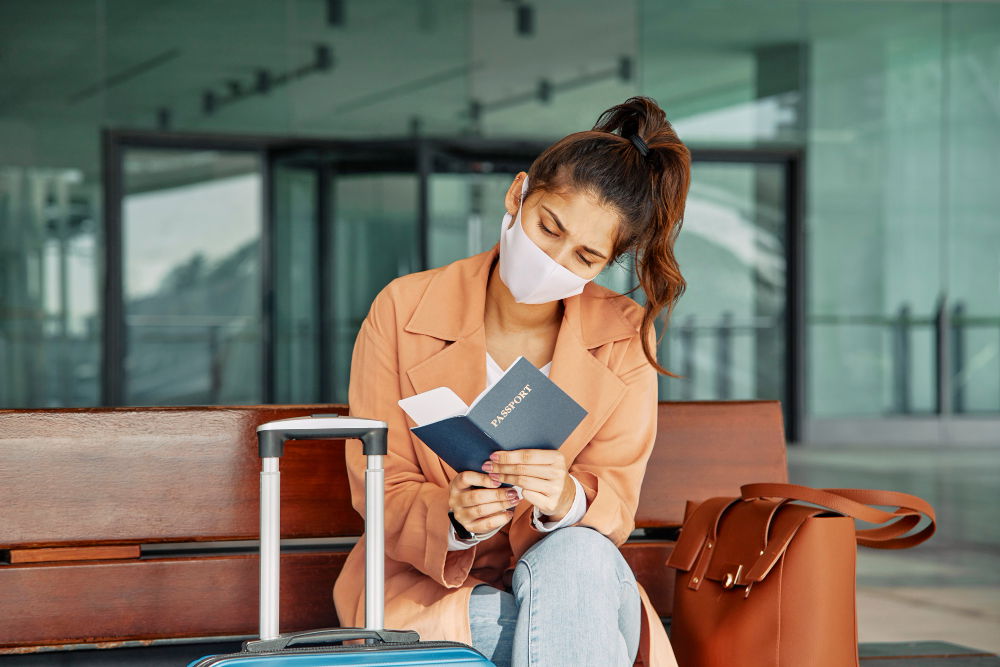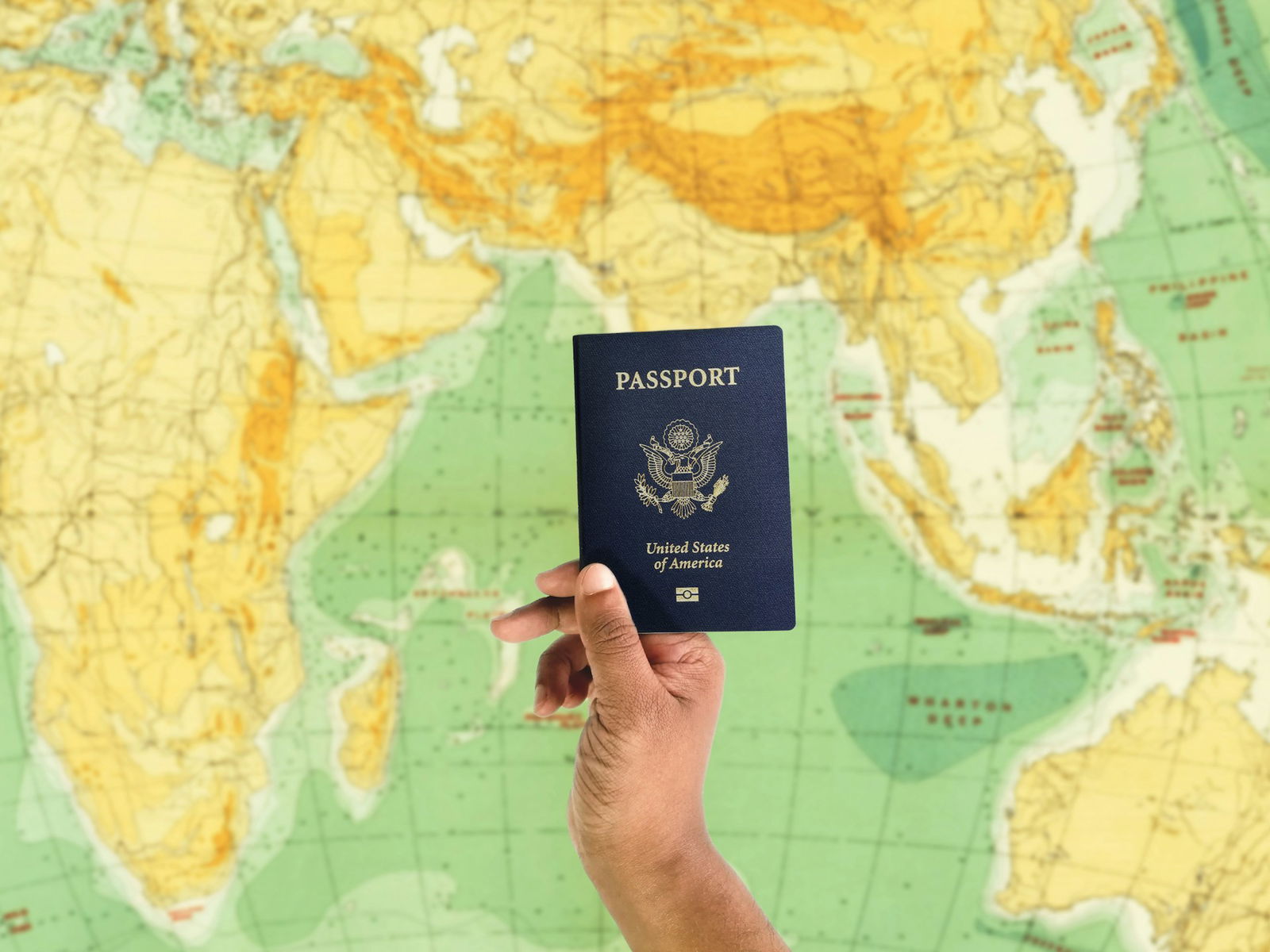
Visa Types Explained: Which One Is Right for You?
What Is a Visa?
In simple terms, a visa is an official document issued by a country's government that allows you to enter, stay, or transit through that country for a specified period. While a visa is an essential travel document for many destinations, it is important to remember that it does not guarantee entry. At the point of arrival, border officials still have the authority to approve or deny entry based on the country’s rules.
Visas come in many forms, and understanding which type you need will ensure a hassle-free journey.
Common Types of Visas: Choosing the Right One for Your Trip
While each country has its own set of visa policies, most nations recognize a few common visa types. Let’s take a closer look at some of the most frequently required visas and what they entail.
1. Tourist Visa: For Vacationers and Sightseers
A tourist visa is the most common visa for travelers who are planning to visit a country for leisure. These visas are typically short-term and are valid for stays ranging from a few days to a few months. With a tourist visa, you can explore the country, visit tourist attractions, and experience local culture, but you are not permitted to work or study.
- Application Process: Often involves filling out an online form, submitting a valid passport, travel itinerary, proof of accommodation, and financial proof of ability to support your stay.
- Visa Fees: Vary by country, but are usually affordable.
Tip: If you're planning a short visit to multiple countries in a region (e.g., Europe), check whether you can apply for a regional visa such as the Schengen visa, which allows travel between 26 European countries with one visa.
2. Student Visa: For International Students
If you’re planning to study abroad, you’ll need a student visa. Student visas allow you to stay in a foreign country for the duration of your educational program, and in many cases, may permit you to work part-time while studying.
- Application Process: Typically requires a letter of acceptance from the institution, proof of financial capability, and sometimes proof of language proficiency.
- Visa Fees: Can be more expensive than tourist visas and often require additional documentation such as transcripts and financial support documents.
Tip: Be sure to understand the work restrictions, as some student visas only allow limited working hours, while others may allow you to work full-time during holidays.
3. Work Visa: For Employment Abroad
A work visa is a long-term visa designed for individuals seeking employment in a foreign country. To obtain this type of visa, you often need a job offer or sponsorship from a company located in the destination country. Work visas can be highly specific depending on the job, with different categories based on skill levels, industries, or specific professions.
- Application Process: Usually involves obtaining a job offer before applying, submitting proof of qualifications, and sometimes undergoing a health check or background check.
- Visa Fees: Generally higher than tourist and student visas, depending on the country and type of work.
Tip: Many countries have specific work visas for highly skilled workers, so if you’re in a specialized field, look into visa options that cater to professionals with high-demand skills.
4. Business Visa: For Entrepreneurs and Professionals
A business visa allows you to visit a country for short-term business activities such as attending meetings, negotiations, or conferences. It does not permit employment in the host country but can be essential if your business travels often.
- Application Process: Requires proof of business activities, invitations from companies, and sometimes proof of business registration.
- Visa Fees: Can vary, but are typically not as high as work visas.
Tip: Always double-check if the business visa allows multiple entries, as you may need to travel frequently for your business.
5. Transit Visa: For Passengers on Layovers
If you’re traveling to a country with a layover en route to your final destination, you may need a transit visa. Transit visas are usually short-term and are issued for individuals passing through a country’s airport for a limited time (typically less than 72 hours).
- Application Process: Often simpler than other visa types, but you’ll need to provide proof of your onward travel and confirmation of your flight details.
- Visa Fees: Generally low or sometimes free, depending on the country.
Tip: If your layover is in a country where you do not plan to leave the airport, check if you really need a transit visa. Some countries allow travelers to stay in the airport for a certain period without a visa.
6. Immigrant Visa: For Those Seeking Permanent Residency
An immigrant visa is designed for individuals who intend to live in a foreign country on a permanent basis. This visa category can be based on family relationships, employment, or refugee status.
- Application Process: Immigrant visas are often more complex and involve a rigorous process that may include interviews, medical exams, and security checks.
- Visa Fees: Can be expensive and may involve additional legal fees or sponsorship fees.
Tip: Be prepared for a lengthy process, as many countries require an in-depth review of your application before granting an immigrant visa.
How to Apply for a Visa: The Basic Steps
The visa application process can vary greatly by country, but here’s a general overview of the key steps involved:
Research Visa Requirements: Start by checking the official website of the country’s embassy or consulate for specific requirements.
Gather Documentation: Make sure you have all required documents, including your passport, application form, photos, financial proof, and any supporting documents related to your visa type.
Submit Your Application: Depending on the country, you may need to submit your application online or at a local consulate or embassy. Some countries allow visa on arrival, but it's always safer to apply ahead of time.
Pay the Visa Fee: Most visas come with a processing fee that varies depending on the country and type of visa.
Wait for Processing: Visa processing times can vary from a few days to several weeks. Be sure to apply in advance to avoid any stress.
Receive Your Visa: Once approved, your visa will either be stamped in your passport or sent electronically. Double-check the details before you travel.
Visa Tips and Common Pitfalls
Apply Early: Visa processing can take time, especially during peak travel seasons. Aim to apply at least 6–8 weeks before your departure.
Double-Check Your Visa Type: Make sure you apply for the correct type of visa based on your travel purpose. Applying for the wrong one can lead to delays or denials.
Know Your Visa’s Validity: Be aware of the duration of your visa and its expiry date. Overstaying a visa can result in fines, deportation, or future travel bans.
Have Proof of Funds: Many countries will require you to show you have enough money to support yourself during your stay. Keep bank statements or sponsorship letters handy.
Don’t Provide False Information: Always be honest and transparent when filling out visa applications. Providing false information could result in your visa being denied or future travel restrictions.
Conclusion: Understanding the Right Visa for Your Journey
Choosing the right visa is essential to ensure a smooth and enjoyable travel experience. Whether you’re exploring the world as a tourist, studying abroad, or expanding your career opportunities in a new country, the right visa will provide the legal foundation for your stay.
Make sure to research the specific visa requirements for your destination well in advance, gather all necessary documentation, and follow the application process carefully. With proper planning, you’ll be well on your way to a successful trip!
Need Help with Your Visa Application? If you’re unsure about the visa process or need expert assistance, consider working with a travel consultant or an immigration lawyer who can guide you through the process.



